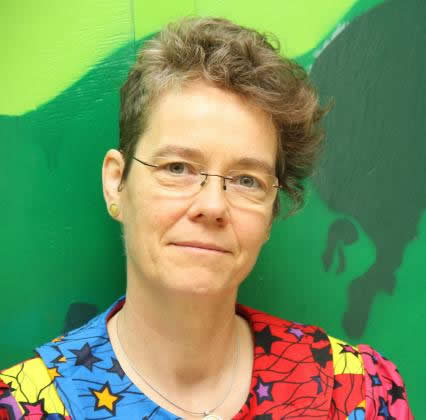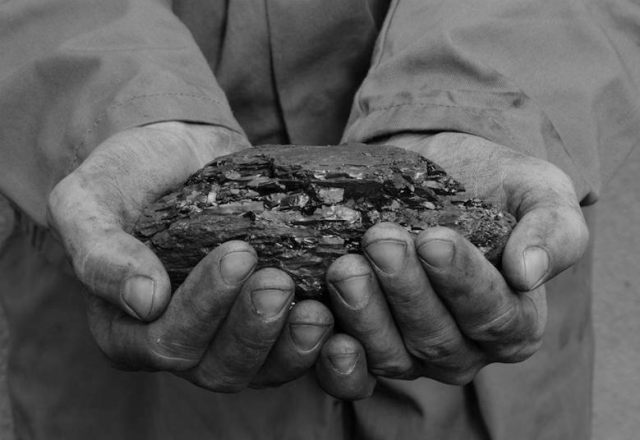Nigeria needs a power revolution, but where will the electricity come from? The energy sources in the country are many, including fossil materials such as oil, gas and coal – but renewable energy sources such as solar, wind and biomass are equally available in abundance. Christine K of the Heinrich Boell Foundation in Abuja lists facts and arguments.
In August 2014, Nigeria’s government declared that 30% of Nigeria’s electricity should come from coal. The country has significant coal reserves – currently it is estimated that Nigeria is host to 2.8 billion tonnes of high quality lignite coal, and although this is small compared to lignite top shot North America, which has almost 1,500 billion tonnes of lignite, it is a substantial natural resource lying under Nigerian soils, from the East all the way to the North. But how much of this resource does Nigeria want to extract? Is there a golden rule that says, ‘because you have it, you must use it’?
The implications of using coal for power generation are many, and are hardly discussed in Nigeria. The health implications are the most obvious. Coal combustion accounts for 250,000 deaths per year in China. In Europe, coal-fired power plants cause 2.1 million days on medication, 4.1 million lost working days and 28.6 million cases of respiratory complaints. And that is only on the side of power generation. Before the coal gets to the power plants, the mining operations bear their own kind of hazards. Mining accidents from coal dust explosion, flooding or collapsing shafts make sensational news. Much less light is shed on the permanent impacts coal mining has on host communities, which include loss of farmlands, pollution of ground and surface waters and health problems arising from coal dust inhalation.
Coal is often described as a cheap source of electricity. However, once the health costs, the resettlement of communities, the cleaning up of polluted waters and the reclamation of mining areas are counted, coal comes out roughly at the same cost as solar.
Looking at coal through a microscope in a chemical laboratory, what you see is pure carbon. It is the burning of this carbon in coal-fired power plants, during steel production and in many other industrial processes that has accumulated over the past 100 years and is now causing the global climate to warm up and the weather to become more extreme. This has a direct impact on Nigeria’s economic growth. Already, millions of farmers are facing shrinking harvests because their lands are degrading under a scorching sun; fishing villages have been swallowed up by rising sea levels and whole roads and towns have fallen into erosion gullies. It costs trillions of Naira to restore livelihoods and pacify conflicts arising from resource scarcity and migration.
Coal countries such as China or Germany are now trying to reduce coal operations within their borders. This does not entitle them to demand the same from other countries. However Nigeria would chart a more sustainable economic growth path if it observed very carefully what changes are happening in the global coal landscape, whether cheap coal is really cheap, whether clean coal is really clean, and whether extracting coal really provides a long-term answer to Nigeria’s electricity problems.
Nigeria has the choice: how to cut the country’s megawatt cake into percentages for energy sources such as gas, generators, solar, wind, hydro, biomass… and coal.
 Christine K heads the Nigeria Office of the Heinrich Böll Foundation. Before joining the Foundation, she worked for the BBC as a radio producer (in Hausa) and as a journalism trainer. She has developed and run nationwide behaviour change campaigns in Nigeria. She's lived in Nigeria for more than 15 years (Kano, Lagos, Abuja) and is an Alumni of Bayero University Kano.
Christine K heads the Nigeria Office of the Heinrich Böll Foundation. Before joining the Foundation, she worked for the BBC as a radio producer (in Hausa) and as a journalism trainer. She has developed and run nationwide behaviour change campaigns in Nigeria. She's lived in Nigeria for more than 15 years (Kano, Lagos, Abuja) and is an Alumni of Bayero University Kano.



